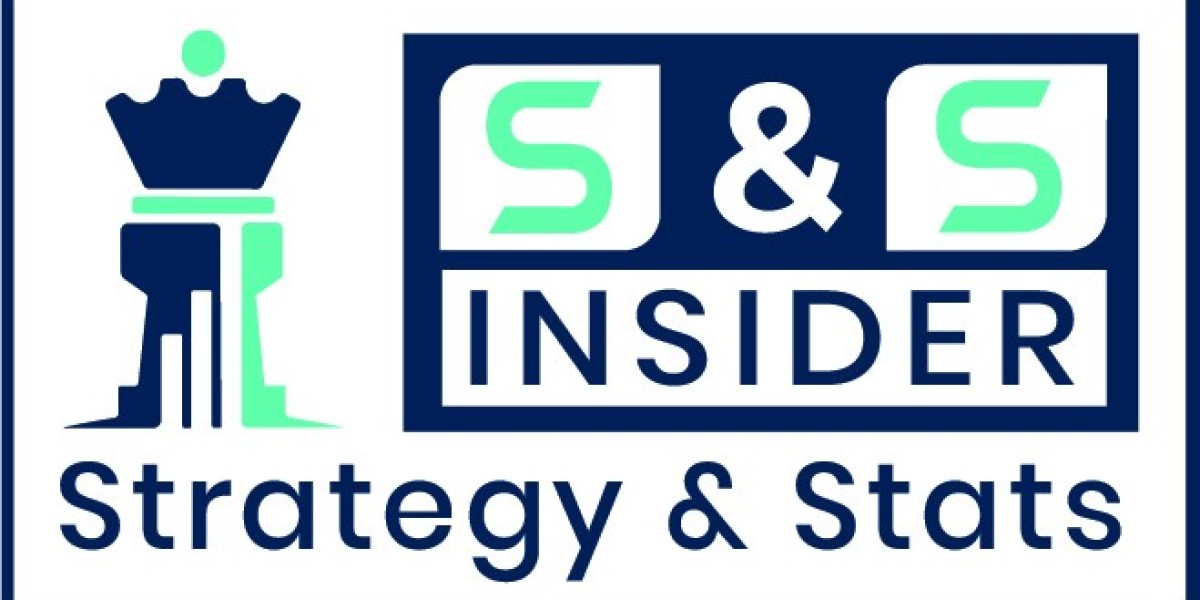The global shift toward sustainable agriculture and efficient water management is significantly driving the adoption of smart irrigation technologies. With growing concerns about water scarcity, climate variability, and the need to optimize crop yields, the Smart Irrigation Market is emerging as a vital component of modern farming practices. These systems integrate advanced technologies such as sensors, IoT, and data analytics to automate and optimize irrigation processes, leading to resource conservation and improved agricultural productivity.
Market Size and Growth Outlook
The Smart Irrigation Market was valued at USD 1.59 billion in 2023 and is projected to reach USD 4.86 billion by 2032, expanding at a robust compound annual growth rate (CAGR) of 13.22% during the forecast period from 2024 to 2032. The market growth is fueled by increasing government initiatives for water conservation, rising awareness among farmers about precision farming, and the expansion of smart city and smart agriculture projects worldwide. The demand for automated and real-time water management solutions in residential, commercial, and agricultural sectors is also contributing significantly to this upward trajectory.
Key Growth Drivers
The primary drivers of the smart irrigation market include the growing emphasis on water conservation and the increasing cost of water resources. As global agricultural demand continues to rise, farmers are seeking efficient irrigation methods that reduce water waste and lower operational costs. Smart irrigation systems offer benefits such as weather-based scheduling, soil moisture monitoring, and remote operation, making them ideal for both large-scale farms and landscape irrigation in urban settings. Furthermore, the integration of cloud computing and machine learning is enabling predictive irrigation strategies, enhancing water use efficiency.
Technological Innovations Advancing the Market
Technological advancements are playing a crucial role in transforming the smart irrigation landscape. The adoption of IoT-based controllers, wireless soil moisture sensors, and AI-powered data analytics tools is enabling precise water delivery based on crop needs and environmental conditions. Additionally, the use of mobile applications and cloud platforms is empowering farmers and property managers to monitor and control irrigation remotely. These innovations not only enhance water efficiency but also contribute to higher crop yields and reduced environmental impact.
Regional Market Trends
North America dominates the smart irrigation market, driven by widespread adoption of advanced agricultural technologies, favorable regulatory policies, and strong infrastructure for precision farming. The United States, in particular, is leading in terms of market share due to the presence of key technology providers and large-scale agricultural operations. Europe follows with steady growth, especially in countries such as Germany, France, and the Netherlands, where environmental sustainability is a top priority.
The Asia-Pacific region is expected to witness the fastest growth during the forecast period. Countries like China, India, and Australia are investing heavily in agricultural modernization and smart infrastructure, which includes smart irrigation systems. The growing awareness of water scarcity issues and government-led initiatives to promote sustainable farming practices are further boosting market adoption in this region. Latin America and the Middle East & Africa are also showing promising potential due to increasing agricultural activities and the need for efficient water management in arid climates.
Competitive Landscape and Key Players
The smart irrigation market is characterized by intense competition and rapid technological evolution. Leading players are focusing on innovation, strategic partnerships, and product diversification to strengthen their market presence. Major companies such as Hunter Industries, Rain Bird Corporation, The Toro Company, Netafim, and Jain Irrigation Systems are investing in R&D to develop intelligent controllers, sensor-based irrigation kits, and scalable solutions for different land sizes and climatic conditions. These firms are also expanding their geographic reach through collaborations and acquisitions to tap into emerging markets.
Conclusion
The Smart Irrigation Market is set to experience significant growth in the coming years, driven by the global push toward sustainable agriculture, efficient water usage, and technological integration in farming practices. As water scarcity becomes a pressing global issue, the adoption of intelligent irrigation solutions is no longer optional but essential. With continued innovation and supportive policy frameworks, smart irrigation systems are expected to revolutionize how water is managed across both agricultural and urban landscapes, ensuring productivity and sustainability for future generations.
Read More Insights @ https://www.snsinsider.com/reports/smart-irrigation-market-3380
Contact Us:
Jagney Dave - Vice President of Client Engagement
Phone: +1-315 636 4242 (US) | +44- 20 3290 5010 (UK)






